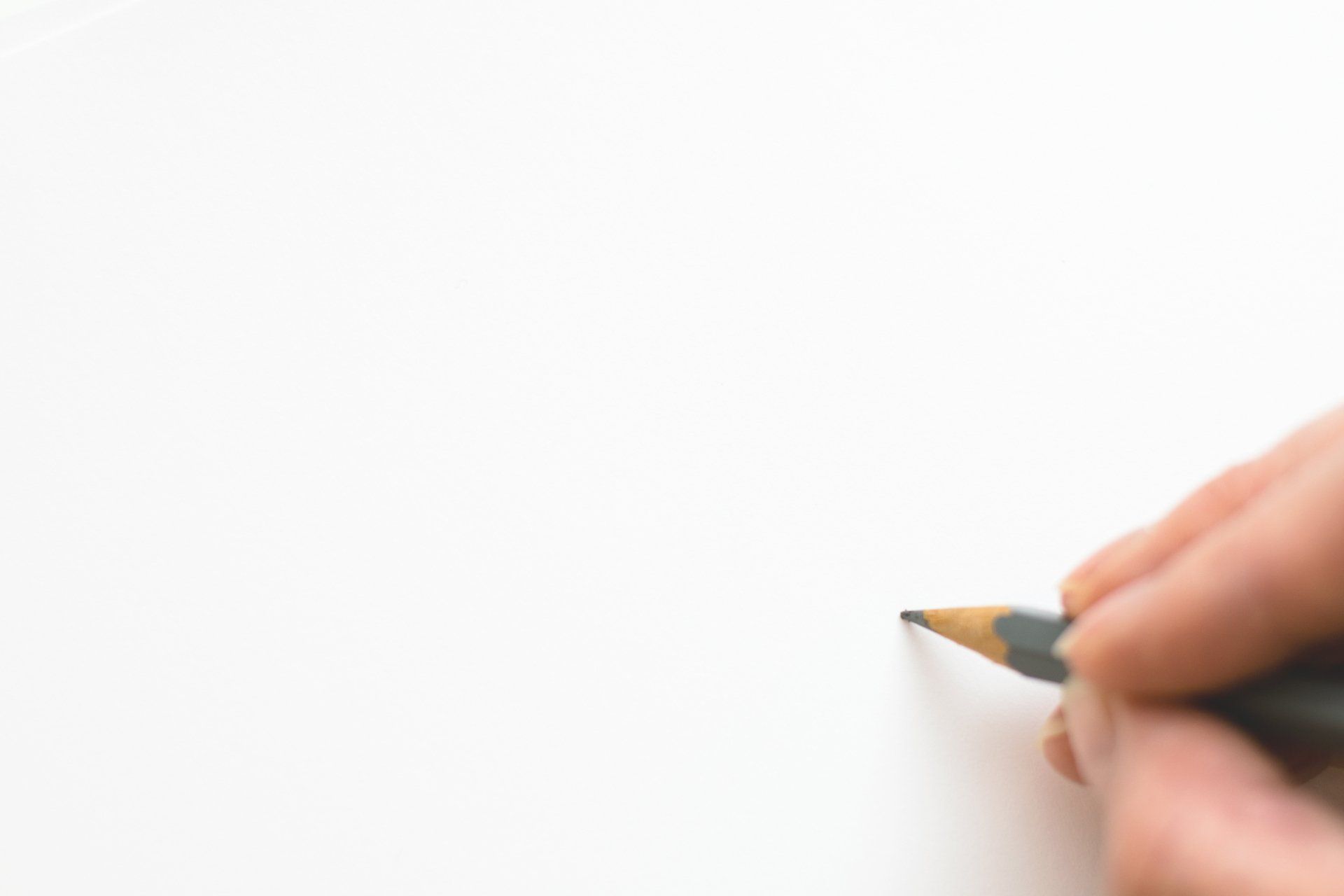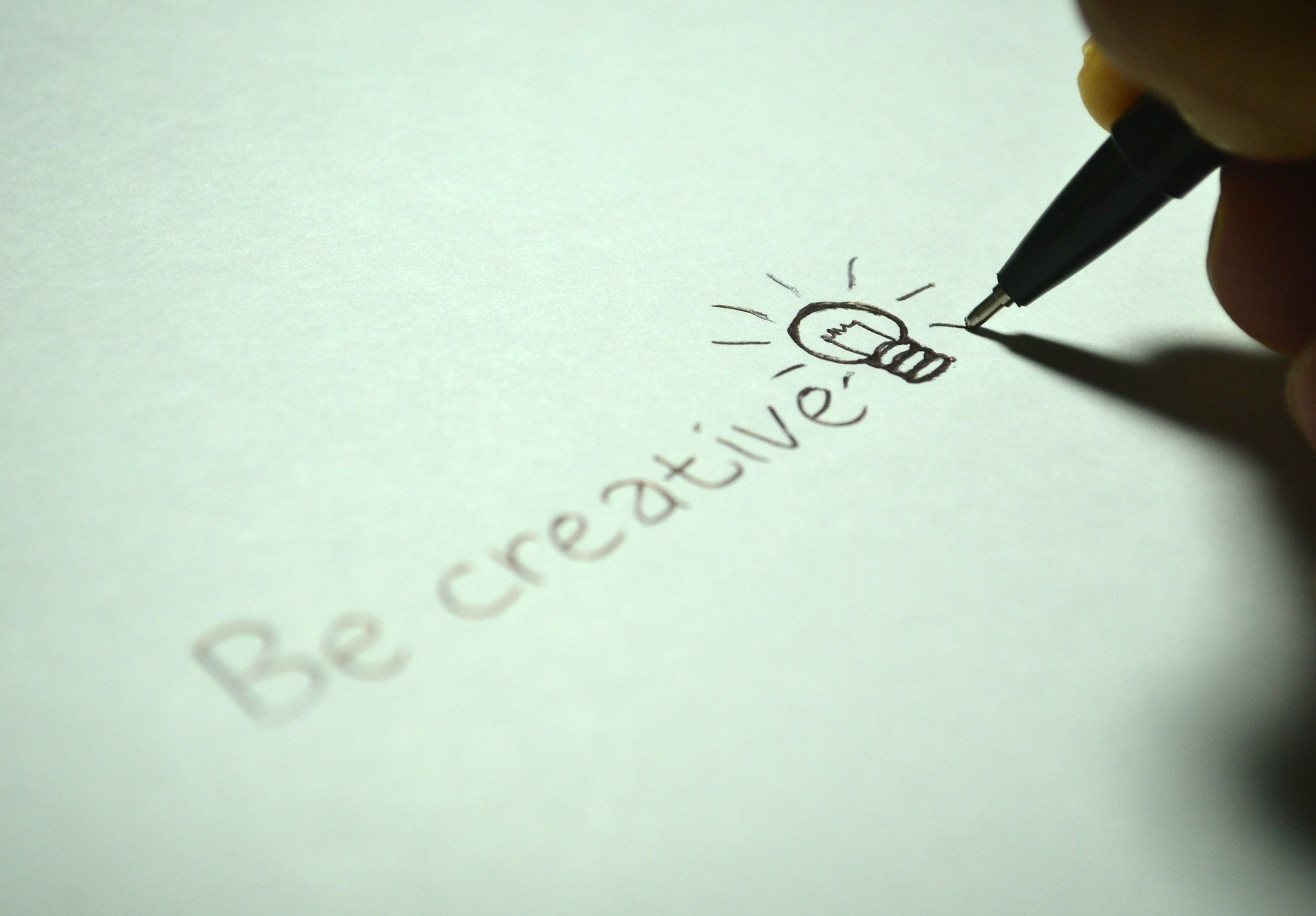Can I Doodle My Way To A Magnum Opus?
"Creativity is the tasty dinner made from leftovers in the refrigerator and staples in the cabinet, no recipe, no safe steps to follow, just a cup here and a dash there, followed by the surprise of a delicious meal."

"Creativity doesn’t have to be the completion of a magnum opus by a world-renowned artist; it’s the spark of something different in an ordinary day."
Can I Doodle My Way to a Magnum Opus?
by
Carol Rogers-Shaw
I’ve been feeling guilty that I haven’t written a blog entry in quite a while, but the creative energy just hasn’t been there. I can still focus intently when a deadline looms, and I can crank out an academic article for a scholarly journal or a conference proceeding, but I always seem too distracted to concentrate on writing for pleasure and sharing random thoughts. When I want to take a break from academia, it’s easier to hide myself in reading a trashy novel.
So, the question is, how does one find creativity.
Maybe the first step is to consult the collection of story ideas compiled long ago when creative writing came easier. These topics include Nana & the cat-o’-nine tails, the loophole, I’m a believer, a good public speaker, the thumb kiss, the parent call center, wearing a pirate eye patch, the 5 burner stove & charred pizza, the guest book, and tuition moments. As I type out these items from that list buried in a folder within folders on my laptop, I’m wondering if I should send out a survey to friends and relatives asking if any of these topics sound interesting, maybe do a Facebook post, but then I fear they might choose the ones that would be the hardest to start, the bulwarks of writer’s block that argue for avoiding risk and yet require an unnerving creative jump into the unknown. On the upside, if I picked a topic on the list, I could cross it out when I’m done and enjoy the use of Strikethrough, or better yet, Double Strikethrough. I’m a list person so that would be satisfying, but I’m not sure it’s the best route to creativity.
I could always Google it! I think I’ll start there. I’ll begin by searching “how to be creative”… Lo and behold, there are all kinds of articles and numbered lists. Picking one is never easy, but “3 Ways to Be Creative” on WikiHow seems like a less intimidating place to start than “19 Amazing Ways to Be Creative” or “25 Ways to Be More Creative.” I’d like the quickest path to creativity if I’m to finish this blog entry before my hair goes completely gray.
The first piece of advice is to do the 30 circle test. That’s where you draw circles on a paper and then turn them into round objects like an eye, a soccer ball, or a chocolate chip cookie, yet I can’t stop thinking that if I just left the circle blank, I could call it a snowball and be done. Or if I made the circles really, really, tiny and filled them in with a marker, I could pretend they are the periods, dotted i’s, bottoms of exclamation points, and parts of an ellipsis in the creative writing I’m not very successfully accomplishing. It seems to me that what’s needed for real creativity might be to do a rhombus test or an ellipse test, and I start to wonder how they would be different than a trapezoid test or an oval test. Maybe it would be better if I followed the last piece of advice: read more. Then I can just head back to those trashy novels.
Maybe I’m trying too hard to define creativity in terms of divine inspiration rather than looking for it in the small things that filter through daily life.
Creativity is the tasty dinner made from leftovers in the refrigerator and staples in the cabinet, no recipe, no safe steps to follow, just a cup here and a dash there, followed by the surprise of a delicious meal. It’s in the rearrangement of the furniture in the family den that makes the room look bigger, brighter, and filled with things not previously noticed like the beauty of the faded quilt on the arm of the couch, the sunshine slanted across the patterned rug, and the smiling faces in the faded family photos. It’s in the kaleidoscope of colors in the neighbor’s garden, flowers planted carefully as seeds with the foresight of magnificence that will blossom. It’s in the squiggles on the drawing pad pushed to the side of the cluttered desk, doodles that bring smiles. Creativity doesn’t have to be the completion of a magnum opus by a world-renowned artist; it’s the spark of something different in an ordinary day.
If I go back to all those Goggle lists on how to be creative, I do find some kernels of wisdom. Sometimes our routines lock us into predictable, repetitive, and dull daily activities that prevent us from taking a fresh look at what’s around us. Changing those routines might spark creativity. I’d like to start by eating ice cream for breakfast and pancakes for dinner. Part of creativity involves taking risks; maybe I’ll practice saying yes more often than saying no which might offer new opportunities as long as it’s not saying yes to extra work that saps energy and inhibits creativity. Two recommendations that appeal to me are spending more time at play and continuing to learn. Playing and learning seem to be about doing what I love to do, having fun, and stimulating deep thinking. If that’s the road to creativity, it’s a pretty easy drive. Creativity needs time, but it doesn’t have to be a lonely trek; working with others can ignite the imagination, and that creative leap of faith seems less daunting when there are others holding hands during the figurative freefall before the parachute opens for a soft landing.
And maybe sometimes it’s a witty blog that doesn’t say too much of consequence but gives one a chance to say what’s on one’s mind. You never know when creativity might just turn from the hint of inventiveness into the bloom of brilliance. It seems to me that starting small and taking a break every now and then are good ideas. So, I guess I’ll doodle for a while, and then I’ll take a nap.
"Maybe I’m trying too hard to define creativity in terms of divine inspiration rather than looking for it in the small things that filter through daily life."
Curator's Note: Carol is a regular contributor to Profound Living, and is co-author of Step by Step: Living More Meaningfully, Joyfully, and Deeply Each Day. Her essays are always delightfully, and at the same time deeply, written. To see more of her wonderful work, and to learn about her, click the "More" tab, and then "Profound Living Essayists - Regular Contributors".











